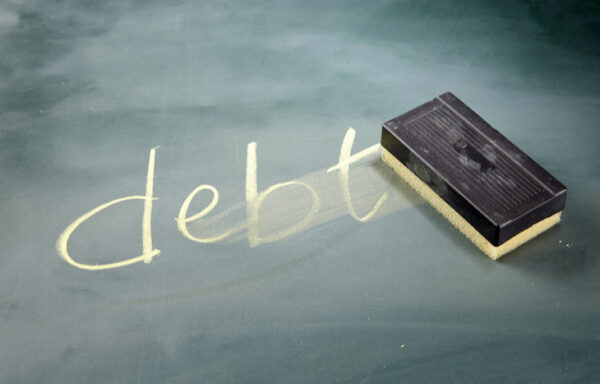Does Creating Wealth Make You Selfish and Greedy?
My recent column on “Just How Much Is Enough?” generated comments aplenty from readers.
Some agreed with a post by John K., “I don’t know how much is enough. I just know I’m not there yet.”
Others agreed with a reader’s contention that the individuals in the New York Times article I cited – who believed that “enough” was somewhere between $20 million or $65 million – were “just greedy.”
I think a better explanation is these folks were “just dreamers,” since none appeared to be actually doing anything to build a fortune for themselves.
But are those of us who are creating wealth “greedy”?
Greed, of course, is a nebulous but loaded term. The Oxford English Dictionary defines it as “intense and selfish desire for something, especially wealth.”
Yet I don’t believe it’s selfish to pursue financial independence.
You can’t reach your potential or live life to the fullest if you spend your days swimming in concerns about money.
Money is independence. It liberates you from want, from work that is drudgery, from relationships that confine you. No one is truly free who is a slave to his job, his creditors, his circumstances or his overhead.
Wealth is the great equalizer. It doesn’t matter if you’re a man or woman, black or white, young or old, tall or short, gay or straight, educated or not. If you have money, you have power – in the best sense.
Wealth is freedom, security and peace of mind. It allows you to do and be what you want, to support worthy causes, and help those closest to you. It enables you to follow your dreams, to spend your life the way you choose.
Money gives you dignity. It gives you choices. That’s why every man and woman has the right – and perhaps even an obligation – to achieve some level of financial independence.
If we have trouble defining how much is enough for ourselves, how can we know if someone else has too much?
Is it greedy or selfish to want a bigger house, a better car, another ultra-HD, flat-panel TV or the latest and greatest iPhone?
Isn’t spending money good for the economy? Doesn’t it create jobs?
And how can it be selfish to want more money if the only two ways to get it are either providing someone with a good or service they want or investing your capital somewhere it’s needed?
Either way, you’re helping other people – and earning that money.
If you earned it legally and want to spend it, why is that wrong? Or how does it become wrong when the wealth – or the spending – reaches a certain level?
No doubt some will point out that ours is a society of great economic inequality – and that it’s unconscionable for some to have so much while others have so little.
I have my own thoughts on the subject… but I’d also like to hear yours first.
So click here to send me your thoughts on “How Much Is Enough?” and what – if anything – should be done to mitigate the economic inequality that exists in this country.
I’ll share the best reader responses – along with my own – in an upcoming column.
[adzerk-get-ad zone="245143" size="4"]About Alexander Green
Alexander Green is the Chief Investment Strategist of The Oxford Club, the world’s largest financial fellowship. For 16 years, Alex worked as an investment advisor, research analyst and portfolio manager on Wall Street. After developing his extensive knowledge and achieving financial independence, he retired at the age of 43.
Since then, he has been living “the second half of his life.” He runs The Oxford Communiqué, one of the most highly regarded publications in the industry. He also operates three fast-paced trading services: The Momentum Alert, The Insider Alert and Oxford Microcap Trader. In addition, he writes for Liberty Through Wealth, a free daily e-letter focused on financial freedom.
Alex is also the author of four New York Times bestselling books: The Gone Fishin’ Portfolio: Get Wise, Get Wealthy… and Get On With Your Life; The Secret of Shelter Island: Money and What Matters; Beyond Wealth: The Road Map to a Rich Life; and An Embarrassment of Riches: Tapping Into the World’s Greatest Legacy of Wealth.






